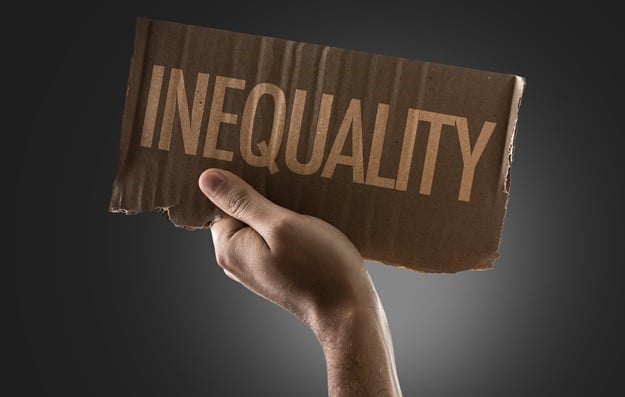For the first time we have a published discourse that truly
addresses the racial issues in South Africa. I am no fan of Ms Zille but the
attempt she made to get to real solutions without the burden of political bias
should be commended. We need more of this type of conversation across the
diverse society of South Africa with more role players involved. Prof Madonsela will certainly add a lot of value to the discussion. Only
discussions, stripped from personal bias and passion, can rip away the varnish
of racism that covers the social scars of South Africa.
South Africa needs solutions without using race, in any way, as one of the factors considered. Race arguments will always be divisive and with the potential to trigger conflict. Zille highlights well the dilemma and challenges associated with getting stuck in a race debate but continually falls back into the same race rhetoric herself.
Using the Afrikaner as prime example, for recovering from poverty, will probably not do her argument any good since history itself has its biased interpretations. Due to the rapid political transformation even age can colour the way in which we define "white privilege" and "black disadvantage".
Race leads to counter arguments about "black privilege" and "white disadvantage" under the current government. All depends on the angle of truth you prefer to use as your departure point. When we take race out of the equation we can still acknowledge that some people were privileged and others disadvantaged leading to inequality in society.
We cannot, however, rely on skin colour to eradicate inequality because race is an over-generalisation of whether a person is privileged or disadvantaged. We have to look at the present situation to identify and address the factors that disadvantage and/or privilege an individual, group or community. We need to understand how current privilege can be leveraged to help with the eradication of current disadvantages. We should not look at the past, but at what will have the biggest improvement impact on future growth and stability.
Social cohesion takes place when communities collaborate to benefit all parties. Solutions must be found in opportunities for collaboration across communities. All parties must bring their best skills and capabilities to the table and all parties must receive some benefit from working together. To eradicate inequality the disadvantaged will have to gain more than the privileged, but it must still be a win-win solution for all parties involved.
Through collaboration, technology, education and equal opportunities the economic growth rate can make a quantum leap to benefit all and eliminate inequalities. The challenge is not to apportion blame but rather to apportion responsibility for contributing to the global economic competitive fitness of South Africa.
Jurgens Pieterse
Cape Town
